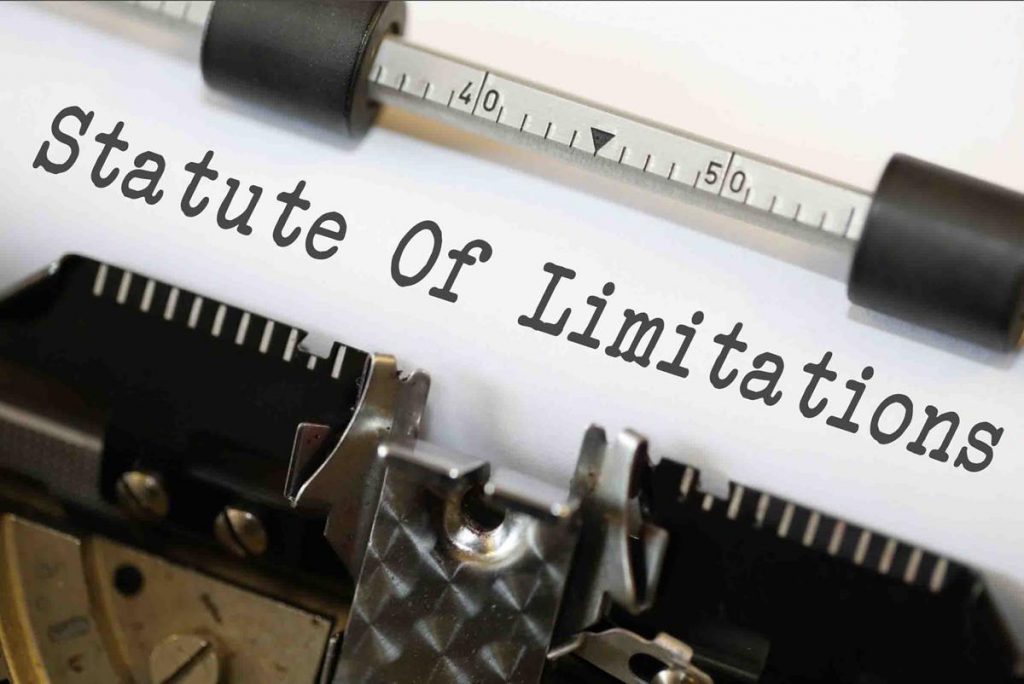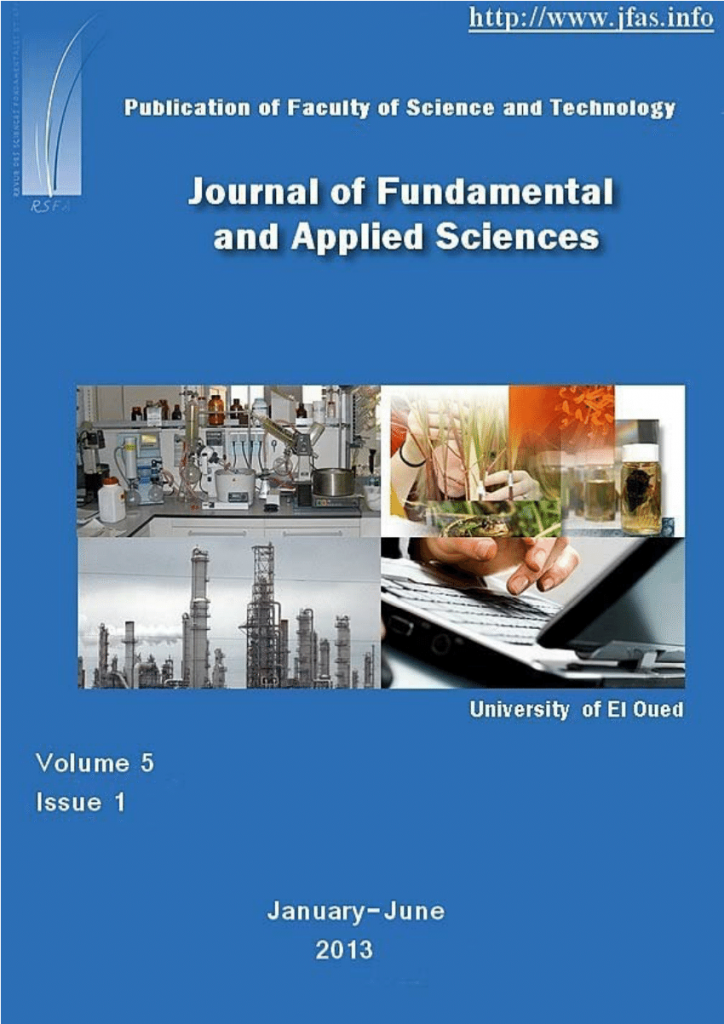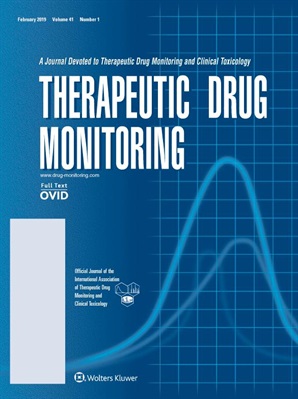 Before we present this week’s Weekend Reads, a question: Do you enjoy our weekly roundup? If so, we could really use your help. Would you consider a tax-deductible donation to support Weekend Reads, and our daily work? Thanks in advance.
Before we present this week’s Weekend Reads, a question: Do you enjoy our weekly roundup? If so, we could really use your help. Would you consider a tax-deductible donation to support Weekend Reads, and our daily work? Thanks in advance.
The week at Retraction Watch featured the retraction of a highly cited paper on the effects of discrimination on gay lives; a look at the possibility of scientific error checkers; and a study of deficiencies in institutional misconduct investigations. Here’s what was happening elsewhere: Continue reading Weekend reads: The fake sex doctor and his bizarre research; prof alleged to have stolen student’s work; worst scientific scandal of all time?




 Imagine you’re a journal editor. A group of authors sends you a request to retract one of their papers, saying that “during figure assembly certain images were inappropriately processed.”
Imagine you’re a journal editor. A group of authors sends you a request to retract one of their papers, saying that “during figure assembly certain images were inappropriately processed.” Ladies and gentlemen, we appear to have a new record.
Ladies and gentlemen, we appear to have a new record. A journal has retracted a paper on a drug for a blood disorder 20 years after it was published — and 17 years after an author of the article was told to request the move by his university.
A journal has retracted a paper on a drug for a blood disorder 20 years after it was published — and 17 years after an author of the article was told to request the move by his university.